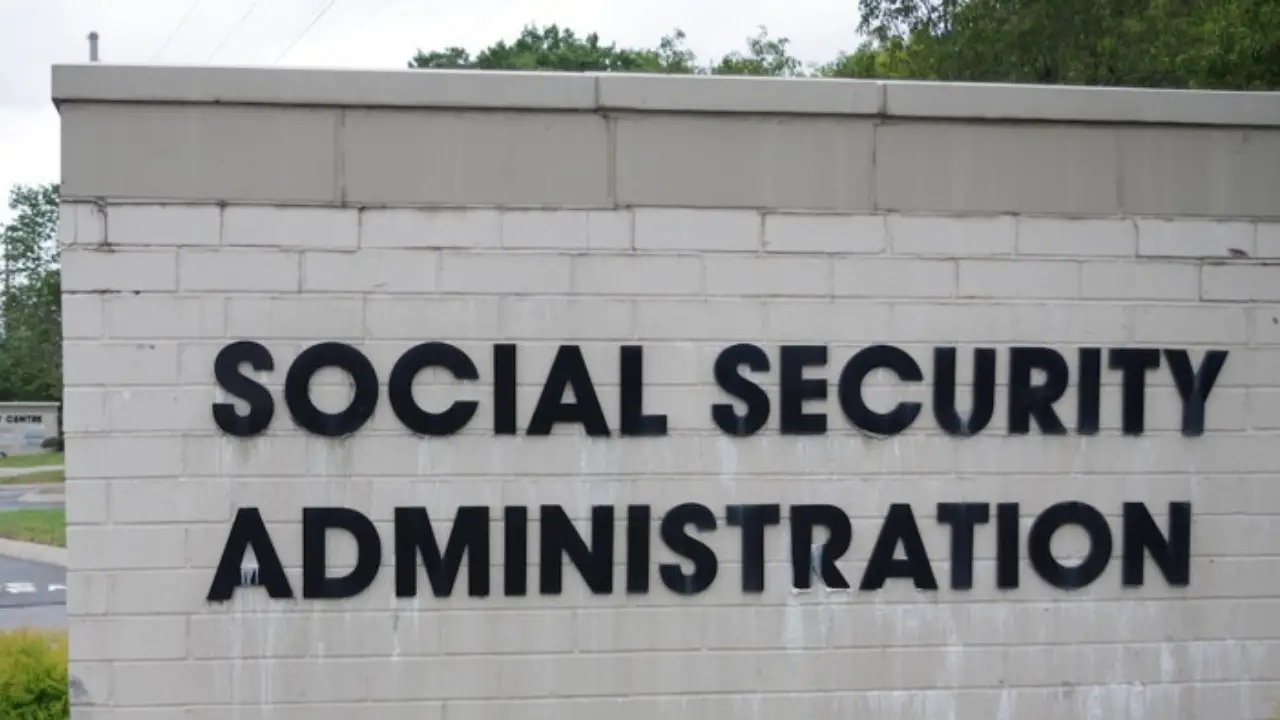In a landmark shift for America’s retired workers, millions of Social Security beneficiaries will begin seeing higher monthly checks starting in April 2025. This change follows the passing of the Social Security Fairness Act, signed into law in January 2025.
The legislation brings major changes by repealing two controversial provisions, the Windfall Elimination Provision (WEP) and the Government Pension Offset (GPO), which have penalised public employees for years. These provisions reduced or eliminated Social Security benefits for individuals who received both a government pension and Social Security benefits.
This repeal marks a major victory for retired teachers, firefighters, postal workers, law enforcement officers, and many other public employees who have long fought for fairer treatment regarding their Social Security benefits. For decades, these workers were subject to unfair reductions in Social Security benefits simply because they had earned a pension through their government work. The WEP and GPO were designed to prevent double-dipping in benefits, but they ended up penalising individuals who had worked hard in public service.
Under the new law, those affected by these provisions will now receive the full Social Security benefits they have earned, with some retirees seeing an increase of up to $1,000 per month. The new monthly payments will be adjusted according to the amount each beneficiary is entitled to based on their contributions and pension levels. This will significantly impact the financial security of many retired workers, particularly those who had previously been penalised under the WEP and GPO rules.
The change in benefit amounts will be implemented on the Social Security Administration’s (SSA) regular monthly schedule. Beneficiaries whose birthdates fall between the 1st and 10th of the month will receive their updated payments on April 9th, 2025. If your birthdate is between the 11th and 20th, your payment will arrive on April 16th. Finally, beneficiaries whose birthdates fall after the 20th of the month will receive their new payments on April 23rd. These dates follow the SSA’s established pattern of distributing benefits based on birthdate.
The higher payments are being disbursed automatically. For retirees who have already provided their updated banking and address information to the SSA, no additional action is required. However, if you wish to confirm the status of your payments or ensure that your personal information is up to date, you can log in or create an account at the SSA’s official website, www.ssa.gov. If you need further assistance, you can call the SSA’s helpline at 1-800-772-1213 to speak with a representative.
In addition to these payments, the SSA will also mail official notices to all beneficiaries to inform them of any changes in their monthly benefits. These notices will outline the adjustments and explain how the new payments will affect each individual’s benefits. The SSA is expected to complete all records and updates by November 2025. However, due to the complex nature of the changes, some cases may take longer to process, particularly those requiring manual intervention.
For beneficiaries who are uncertain whether they have ever applied for retirement, spousal, or survivor benefits due to the pension restrictions under the WEP and GPO, the SSA recommends visiting their website. The website will provide detailed information on how these changes may affect your benefits. If you are applying for survivor benefits, please note that these must be done by phone, as the SSA does not accept online applications for survivor benefits.

One of the key features of the Social Security Fairness Act is that it ensures these public employees are treated fairly by the system. Prior to this law, many workers, particularly those in lower-paying public service roles, faced significant reductions in their Social Security benefits, despite having contributed to the system throughout their careers. By repealing the WEP and GPO, Congress is acknowledging the need for a more equitable system that rewards these workers for the full extent of their service.
For example, many teachers who spent their careers educating children or police officers who risked their lives to protect their communities faced a steep penalty when it came time for them to collect Social Security. The new law will ensure that these workers receive the full benefits they deserve based on their contributions, providing greater financial stability in retirement.
The changes under the Social Security Fairness Act are not just a victory for public employees—they are also a recognition of the broader need to reform Social Security, ensuring it continues to provide reliable support for all Americans. While the repeal of WEP and GPO is a major step forward, it is only one part of the ongoing conversation about how to strengthen and modernise Social Security in a way that works for everyone.
Many advocates for Social Security reform argue that changes like those seen in the Social Security Fairness Act should be expanded to include other populations who are facing similar challenges. This includes individuals with disabilities, people working in low-wage jobs, and those who have faced other barriers in accessing Social Security benefits.
To ensure you are fully informed about how the new Social Security law may impact your benefits, the SSA encourages everyone to visit their official website. On the site, you can find resources that will explain the changes in detail, how to apply for benefits, and what to do if you believe there has been an error in your records. Understanding the full scope of your benefits and ensuring that your payments are accurate is an important part of securing your financial future.
In conclusion, the repeal of the WEP and GPO provisions under the Social Security Fairness Act represents a major step toward fairness for millions of retired public workers. With increases in Social Security benefits, some of which exceed $1,000 per month, these workers will now receive the full benefits they have earned, allowing them to live with greater financial security in retirement.
The changes are expected to be fully implemented by November 2025, and the SSA is working to ensure that all relevant records are updated accordingly. For those seeking further clarification, the SSA’s website remains a key resource for information.
Disclaimer: This article has been meticulously fact-checked by our team to ensure accuracy and uphold transparency. We strive to deliver trustworthy and dependable content to our readers.




